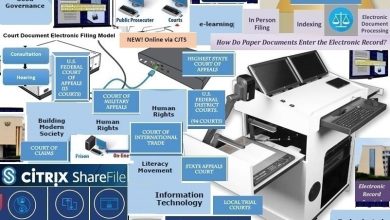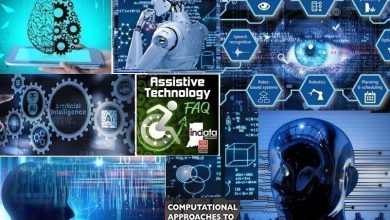
1. What’s your story, how did you become an innovator in healthcare?
My name is Dr. Ismail Sayeed, I am physician entrepreneur and health tech startup founder in Dhaka, Bangladesh
I started my career as a pediatrician, graduated and trained from a medical university from UAE.
I had 6.5yrs experience as a child specialist, especially in NICU setting (neonatal intensive care) in the private and public sector in UAE, Chicago, India, Egypt and in Bangladesh.
I was not fulfilled in clinical medicine.
Even after getting 2 Masters degrees in Global Health (Queen Mary University of London) & Masters in Pediatric Medicine (University of Sydney), and working in an NGO as a healthcare systems consultant.
I decided to try out healthcare entrepreneurship.
Initially I just wanted to start any kind of medical-related business – that mindset failed me 6 times in a few short years.
Later I focused on the problems affecting my doctor comrades in Bangladesh and in other countries.
After much analysis I realised it was a problem/pain related to communication between doctors and patients i.e. branding of doctors to the right patients and lead generation of patients to doctors in an efficient way.
Quite simply I was focused on sustainable healthcare optimisation, using mobile technologies as a tool.
2. Why is it important for companies to innovate and invest in modern technologies?
- Future-proof & Quarantine-proof
- To have an agile/lean methodology
- Stay ahead of consumer purchasing behaviour
- To intensively incorporate digital marketing as a core strength of business operations
- Modern technology allows any sized company to rapidly assemble a team, or disperse into remote specialised work instantly
- Modern technology is the main tool of disruption, scalability, pivoting and being a cost-effective method of distribution i.e. easier to achieve economies of scale
- Skills dependent human resources are easier to acquire and mentor
3. What is the definition of digital health?
Any operational process that seeks to alter or upgrade the natural life process of the end user, using IT enabled tools.
- Detect life process abnormalities (blood pressure)
- Monitor changes to systems (muscle growth)
- Alter behaviours (smart watch to remind you to be active)
- Communicate information (Covid infection signs)
- Enable access to specialised services (nearest available gynecologist)
4. What’s the most interesting thing you’ve discovered working in the digital health space?
- How pro-tech business many governments are
- Ability to change any feature quickly and effectively without recalling any made products (app updates)
- Zero cost of manufacturing (app downloads)
- Easily measurable KPI (churn rate, subscriptions)
- Robust business models (SAAS)
- Ability to incorporate multiple revenue streams eg. saas, ecommerce, content marketing
- Easier to incorporate call-to-action in digital ads eg. direct downloads from FB
5. What are the benefits and risks of delivering mental health care through technology instead of face-to-face?
BENEFITS:
- Anonymity for patients
- Access
- Acceptance of a digital mental health platform
- Professional testimonial and transparency of provider before purchasing an appointment timeslot
- Patient is in control of conversation duration i.e. can hang up the call if the session is too intense or inconvenient
RISKS:
- Inability of provider to assess subtle nuances during session eg. body language or partner responses (couples counselling)
- Cannot take action in emergency situations eg. high suicide/violence/abuse risk
- Cyber security issues
- Patient has no guarantee that session is recorded or viewed by third party
- So in your opinion, how is digital health going to look in the next 10 years?
6. So in your opinion, how is digital health going to look in the next 10 years?
Greater investment from public health departments, health insurers, VC, pharmaceutical industry
Intensely incorporated into mainstream healthcare systems
Number of frontline doctors will decrease – AI chatbots, IoT, app, wearables will produce the health data, robots will take the history taking, epharma apps will deliver the meds to you via drone delivery….but actual counselling on chronic diseases, grief, mental health, social health and behaviour modification processes will be supported by a small but highly specialised providers trained in PHD level soft skills.
7. If there were some key pieces of advice you would give to a client before they embark on a major digital transformation project, what would it be?
Always ask the following questions first:
- What is the problem you are trying to solve?
- How big of a problem is it?
- Is it related to a short term event, an emerging trend or the pain has always been there in that population group?
- What would an ideal solution do to that problem and what would it look like?
- How would you deliver/package that solution?
- Does it have to be a tech-based solution?
- What is the cheapest, simplest, easily upgradeable version of that solution can you make it quickly (but still functional)?
- Why are you doing this alone? Create your A-Team who will build your solution, sell it…..and also own shares of it
Dr. Ismail Sayeed
Linkedin: https://www.linkedin.com/in/drismailsayeed/
Twitter: @DrIsmail_VIOS











